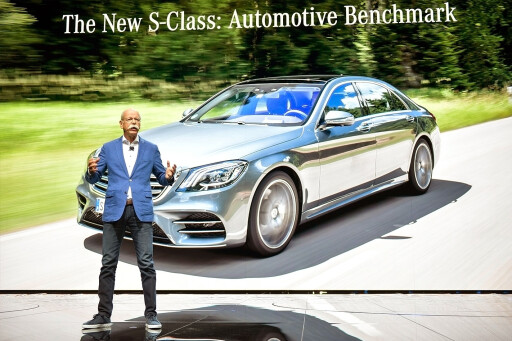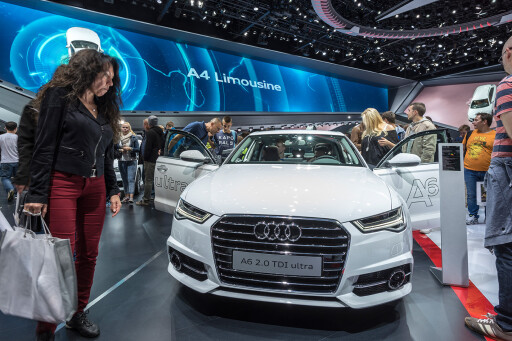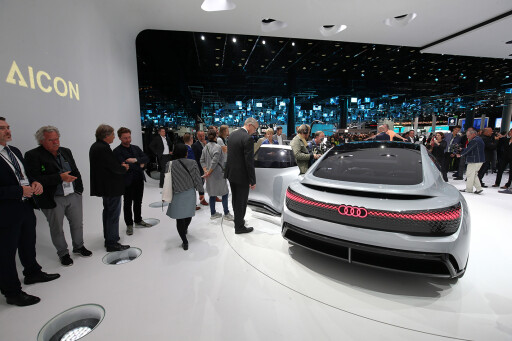.jpg )
AUDI says that sweeping company-wide cultural changes will prevent another catastrophic incident similar to the diesel emissions scandal that continues to mar its reputation, following a critical statement from arch-rival Mercedes-Benz.
On the eve of the Frankfurt motor show, Daimler board of management chairman and head of Mercedes-Benz Cars Dieter Zetsche (below) addressed media and customers expressing regret that the integrity of all German manufacturers had been brought into question by the VW incident, but promised an unfaltering focus on clean diesel power.

“There has been a loss of trust - trust in the German car industry’s power of innovation and sustainability, and I regret that very much,” he said. “So, let me stress at this point that at Daimler we have been doing everything in our power to actively shape the future of mobility for years.”
In response to Daimler’s stance on the diesel emissions scandal, Audi AG board of management member for technical development Peter Mertens said he agreed with Zetsche’s statement and outlined the company’s key strategy for winning back the trust of consumers.
“Of course there is a lot of trust in the car industry … and we have to build that trust back up and work hard on that,” he said. “Integrity and ethics play a much higher role in our organisation than they ever did before.”
Following the discovery that the Volkswagen Group, of which Audi AG is a subsidiary, had deliberately engineered software to evade strict emissions testing, Mertens said the company was breeding a new culture within its walls that would guarantee greater transparency and enable the adherence to emissions standards without the need for a crippling documentation processes.

“We have a monitor that helps us build up processes in the right way and helps us build a culture in which these things won’t happen again.
“You can define rules and processes but you can’t define everything in rules and processes. You have to train an organisation to understand what is right or not. With that understanding in the organisation, you don’t have to have 100 percent documentation in processes.”
Despite a blip in consumer faith toward diesel power, both Audi and Mercedes are continuing to persevere with compression ignition engines, and Daimler AG board of management member for group research & Mercedes-Benz cars development Ola Kallenius explained the decision to invest €3b ($A4.5b) into diesel development.
“The assumption that we have made for 2025 is that we could and want to sell up to 25 percent of our total worldwide vehicle sales as battery electric vehicles which is an aggressive target,” he said.

“If that assumption is true, then 75 percent will still have a combustion engine on board and it needs to be the best combustion engine it can be.
“In terms of CO2 the diesel is extremely attractive because it is 20 to 30 percent better than the equivalent petrol.
“That’s why it’s such an attractive option and certainly won’t disappear in the next five to ten years”.



COMMENTS